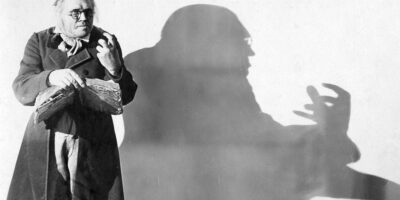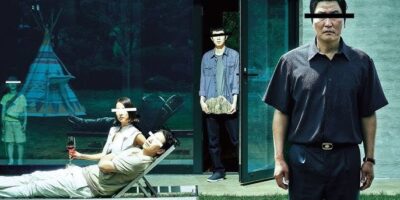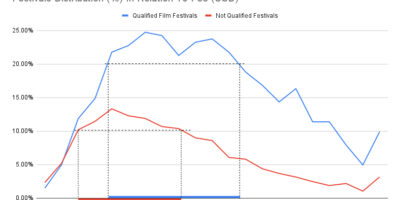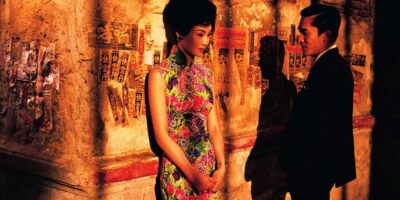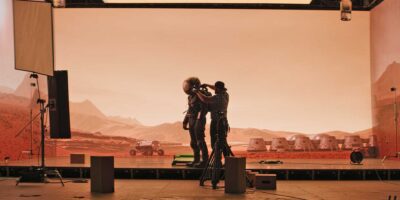by Huang Alice,

Can the mass-market movie Barbie by Greta Gerwig (2023) be seen as a critique of its own ideology? And what does Buddhism have to do with it?
If we’re still arguing about whether Barbie is a feminist win or a patriarchal sellout, we’ve missed the point entirely. Greta Gerwig’s pink blockbuster isn’t here to pick a side. It’s here to dissolve the sides altogether.
The film pulls off a brilliant bit of misdirection. It gets us all worked up about gender politics—left vs. right, feminist vs. anti-feminist—only to reveal that the real battle is much older and more fundamental: the struggle between the ideal and the real. Barbie starts the film as a literal monument, a perfect plastic idol towering over little girls. She’s the Idea of Woman, flawless and empty. But her journey isn’t about becoming a better idea. It’s about becoming real.
Gerwig didn’t just make a toy commercial. She sent Margot Robbie on a hero’s journey straight out of Joseph Campbell, one modeled on the Buddha’s path to enlightenment. Think about it: Barbie leaves her perfect, static paradise (Barbie Land) and ventures into the painful, messy, and beautiful real world. She doesn’t just find cellulite and anxiety; she finds connection, imperfection, and death. That moment on the park bench, where she meditates and feels a mother’s memories and cries a single, human tear? That’s her first step toward awakening.

The film’s climax isn’t a political victory. It’s a spiritual one. In that final, shimmering white room, Barbie tells her creator, Ruth Handler, “I don’t want to be the idea.” She chooses to be human. And in a stunning metafilmic moment, she opens her “third eye” and sees not her past lives, but the real women—the cast and crew—who made her existence possible. Her selfhood isn’t found in isolation, but in relationship to others. This is core Buddhist philosophy: the self is empty, dependently originated, and authentic being comes from effacing the ego, not building a bigger one.
For filmmakers and serious fans, the lesson is profound. Barbie is a masterclass in using a mass-market product to critique ideology itself. It’s a film that is fully aware of its own artificiality and commercial nature, yet uses that self-awareness to point toward something genuine. It shows that the most powerful stories aren’t about reinforcing our categories, but about transcending them. The real quest isn’t about winning an argument. It’s about stepping off the tightrope of ideals and landing, firmly and finally, on the ground of what is real.





